Research Analyst, HCA Healthcare
Category : Alumni
The Research Analyst will assist in translating clinical needs into analytic questions, design and conduct rigorous analyses of health related data, and translate analytic findings into actionable intelligence for HCA faculty and residents. This position serves as an expert resource in supporting data analytics for the HCA GME portfolio by performing a variety of activities related to data management, analysis, reporting, and visualization.
Job Summary and Qualifications
- Constructing and manipulating large electronic claims datasets, knowledge in domain modeling, relational database design, programming language(s),SAS, data transfer methods, and electronic health record and health care claims standards and/or analytical techniques used in research programs.
- Developing study designs and analytic solutions based on available data sources, business partner’s needs, and timelines;
- Managing multiple projects related to a wide variety of business settings and clinical needs;
- Collaborating with key internal and external stakeholders to gather and analyze needs and requirements;
- Presenting data or analytic findings in a variety of formats (reports, PPT, graphs, figures and tables)
- Develop and maintain a working knowledge of statistical principles and analysis considerations taken into account during planning of research.
- Consult on and provide direct technical support for research projects of high complexity and often requiring solutions not previously used by the project team or work group.
- Develop and maintain knowledge of terminologies and coding procedures used in research and the health care environment.
- Contribute to the development of training, tools, and process documentation for both the department and for assigned projects.
- Perform data analyst functions that generate knowledge via data mining, visualization, or other analytics. Serve as a resource to others performing this work. Lead the creation of best practices, resources, and tools that enable new analytical capabilities.
- Ensure compliance to HCA data access policy and procedures.
EDUCATION & EXPERIENCE:
- Master’s Degree preferred from an accredited master’s degree program providing training in a research related field, statistics, informatics, or related field of study and a minimum of 5 years related experience.
- Experience in health services research environment.
- Experience with large health care data sets including, electronic health records, Medicare claims, or other health care claims data sets preferred.
- SAS experience is strongly preferred. RDBMS SQL valued.
To learn more click here.
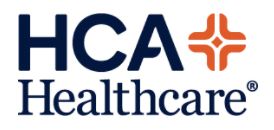
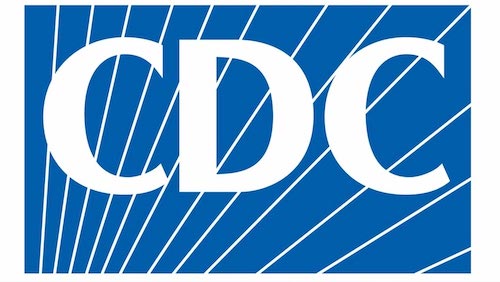
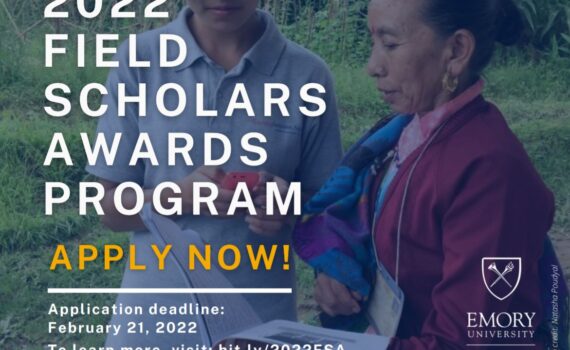
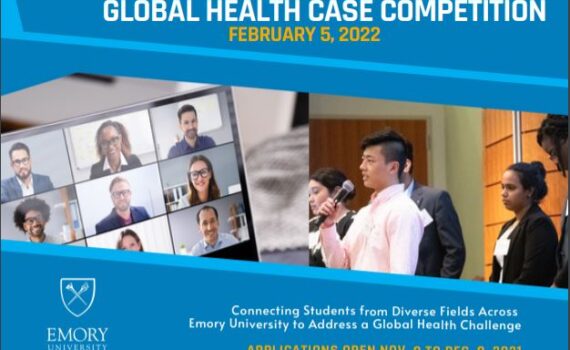

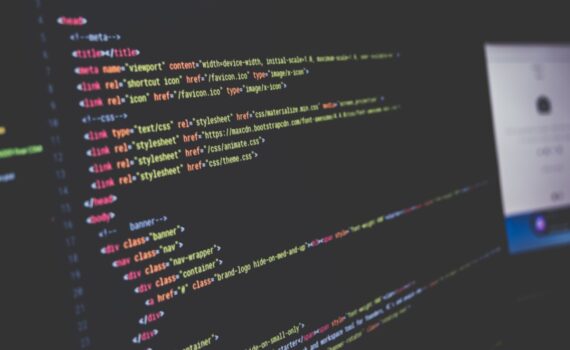

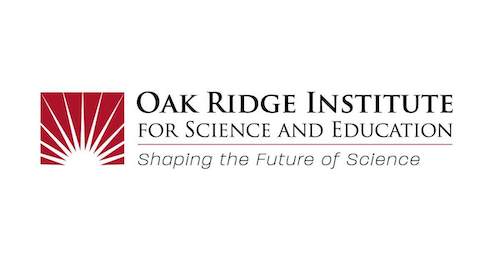
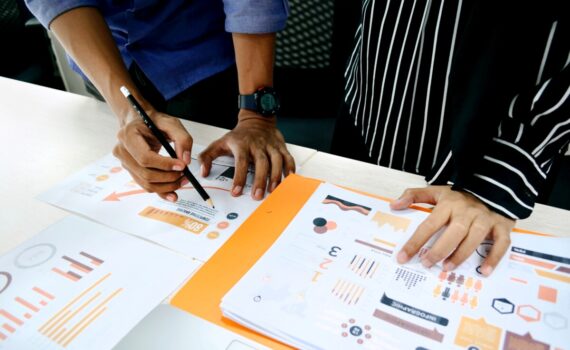
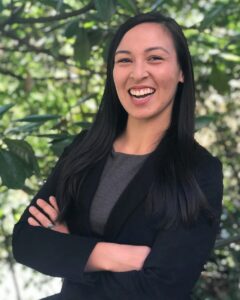 Kristina Lai, MPH is a PhD student in Epidemiology at the University of California, Davis and a data manager with the California Department of Public Health. Kristina is also the co-founder of Allen & Lai Consulting LLC. She has broad experience with public health surveillance, clinical research, and international nonprofits. Kristina’s current interests lie at the intersection of health equity, infectious disease, and climate change.
Kristina Lai, MPH is a PhD student in Epidemiology at the University of California, Davis and a data manager with the California Department of Public Health. Kristina is also the co-founder of Allen & Lai Consulting LLC. She has broad experience with public health surveillance, clinical research, and international nonprofits. Kristina’s current interests lie at the intersection of health equity, infectious disease, and climate change.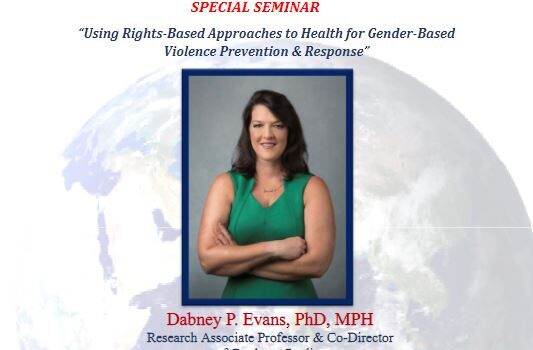

Recent Comments